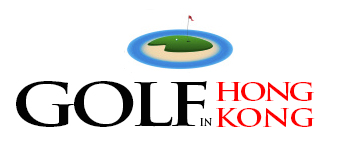Hong Kong Golf Course News
HONG KONG (Reuters Life!) – A golf course in Hong Kong, where air pollution is a huge concern, is displaying its green credentials with the world’s first entire fleet of solar-powered golf carts. Solar-cell roof panels have been fitted to the 205 carts at The Jockey Club Kau Sai Chau Public Golf Course in a collaboration between a Hong Kong university and Denmark-based engineering company SolarDrive.
The solar-powered golf carts are able to capture and convert daylight into sufficient energy to power them year round, even on cloudy days. The carts charge themselves as they go. The golf club estimates that the switch to solar power will reduce carbon emissions by up to 30 tonnes per year as a result of the reduced power consumption requirements of the fleet and save the club more than $50,000 annually.
General manager Cameron Halliday said the club estimated it would save 50-70 percent on power consumption of the fleet and extend the battery life of the vehicles from 2 years to 4 years. “The early indications are that we hit these targets,” Halliday told Reuters Television. “We anticipate that every year we’ll save HK$400,000 (US$51,610) on the operation of the 205 car fleet.”
Golfer Charles Regan said it was a great idea. “You’ve got plenty of sun and they can easily run four hours very quickly, running through the course. I think many golf courses should adopt the same thing. They’re fantastic.” Hong Kong often suffers from poor air quality, with its iconic harbor shrouded in a thick chemical smog at times. An analysis published earlier this year showed that urban pollution had jumped six-fold in the past four years, with local vehicles more to blame than smog blown in from southern China’s manufacturing belts.
The project is part of a $45 million city-wide environment project initiated by the Jockey Club Charities Trust in response to global warming and climate change. The environment project is also spearheading awareness in the marine sector by replacing the golf course’s existing diesel ferries with solar hybrid vessels designed by Australian company Solar Sailor.
The island of Kai Sai Chau was used as a firing range for military training by the British from the 1930s-1970s, turning the landscape into barren terrain. The Hong Kong Jockey Club opened two courses there in 1995 and added a third in 2008 and claim the wildlife has recovered and increased rapidly.
